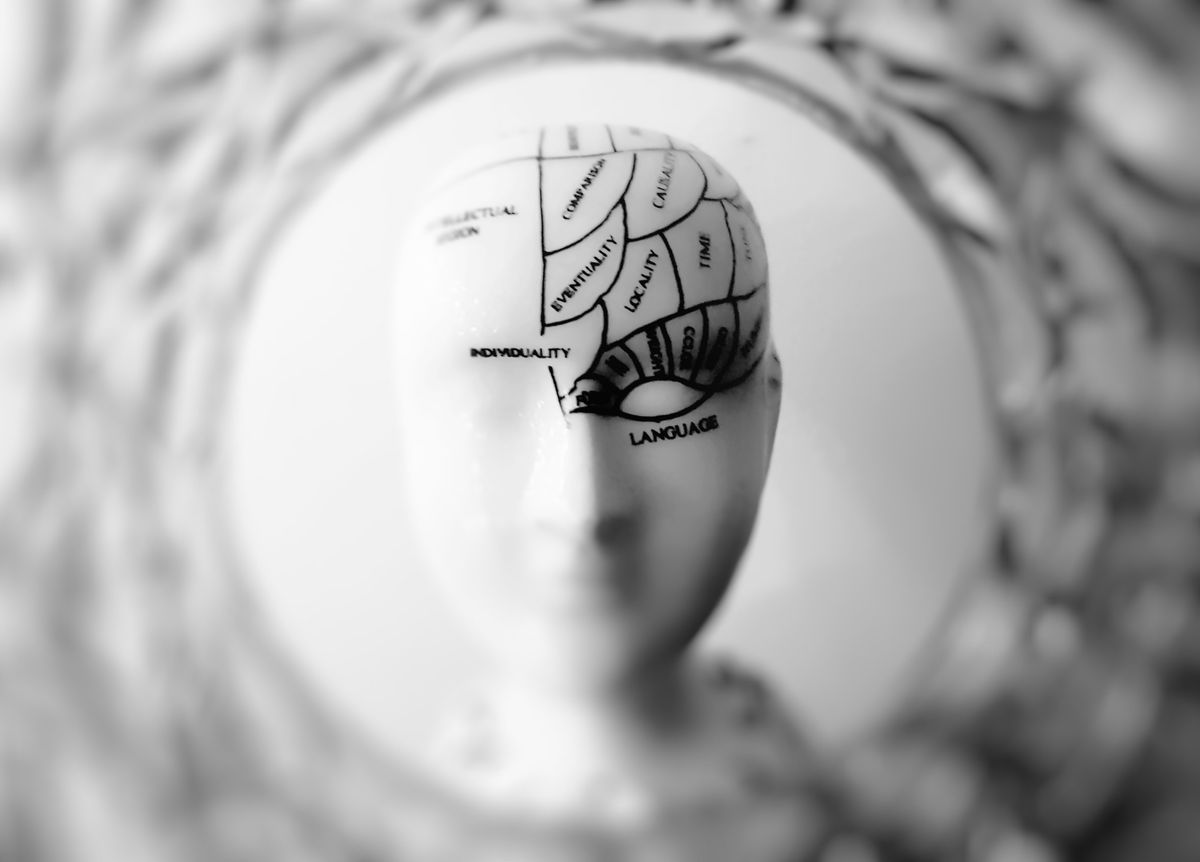What is organoid intelligence, and how could it affect the future of tech?
The human brain still outperforms computers, even if that may not seem like the case.

A few minutes every morning is all you need.
Stay up to date on the world's Headlines and Human Stories. It's fun, it's factual, it's fluff-free.
Recently, we covered how AI replicates human speech patterns, which can result in some pretty strange interactions with chatbots. But, in reality, AI can’t actually think for itself in a traditional sense. And its computational power doesn’t really hold up to human brain power.
The human brain still outperforms computers, even if that may not seem like the case. Humans can tell two types of objects apart using just a few samples (like cats vs. dogs), but AI needs thousands before it can learn the differences. Yes, AI beat the world champion in Go in 2016, but it was trained on data from 160,000 games – which is as if it had played Go for five hours every day for more than 175 years.
What if AI stopped replicating human intelligence and instead got that intelligence right from the source? Research from Cortical Labs in Melbourne has already shown that biocomputers based on human cells are a possibility. Organoid intelligence explores how lab-grown brain organoids (neuron groupings) can act as biological computers.
“Computing and artificial intelligence have been driving the technology revolution, but they are reaching a ceiling,” says a researcher working on OI tech, Thomas Hartung, a professor of environmental health sciences at the Johns Hopkins University in the journal Frontiers in Science. “Biocomputing is an enormous effort of compacting computational power and increasing its efficiency to push past our current technological limits.”
The research team headed by Hartung at JHU, together with Dr. Brett Kagan, the chief scientist at Cortical Labs, have developed the “DishBrain” project, which could be a precursor to biocomputers and organoid intelligence systems for artificial intelligence technology. They put clusters of 50,000 neuron brain cells into a petri dish (the human brain contains around 80 billion neurons). And then they taught those neurons to play ping pong.
“We have shown we can interact with living biological neurons in such a way that compels them to modify their activity, leading to something that resembles intelligence,” explains Kagan. “Working with the team of amazing people assembled by Professor Hartung and colleagues for this Organoid Intelligence collaboration, Cortical Labs is now trying to replicate that work with brain organoids.”




Comments ()